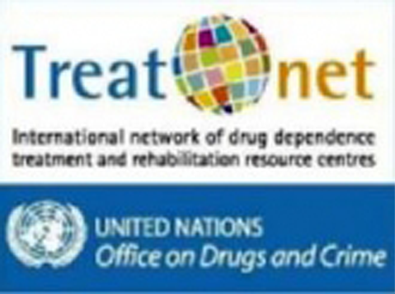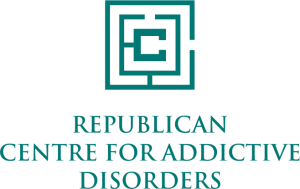Choose a topic
Dependence syndrome is an oficially recognized term. People with addiction have distorted thinking, behavior and body functions. Changes in the brain’s wiring are what cause people to have intense cravings for the drug and make it hard to stop using the drug. Brain imaging studies show changes in the areas of the brain that relate to judgment, decision making, learning, memory and behavior control. Person’s ability to control these processes without specialists’ help and medication is highly limited and could be compared to one’s ability to control blood pressure without specialists’ help and medication.
A central descriptive characteristic of the dependence syndrome is the desire (often strong, sometimes overpowering) to take the psychoactive drugs (which may or not have been medically prescribed), alcohol, or tobacco.
A definite diagnosis of dependence should usually be made only if three or more of the following have been present together at some time during the previous year:
- A strong desire or sense of compulsion to take the substance;
- Difficulties in controlling substance-taking behaviour in terms of its onset, termination, or levels of use;
- A physiological withdrawal state when substance use has ceased or have been reduced, as evidenced by: the characteristic withdrawal syndrome for the substance; or use of the same (or closely related) substance with the intention of relieving or avoiding withdrawal symptoms;
- Evidence of tolerance, such that increased doses of the psychoactive substance are required in order to achieve effects originally produced by lower doses (clear examples of this are found in alcohol- and opiate-dependent individuals who may take daily doses sufficient to incapacitate or kill nontolerant users);
- Progressive neglect of alternative pleasures or interests because of psychoactive substance use, increased amount of time necessary to obtain or take the substance or to recover from its effects;
- Persisting with substance use despite clear evidence of overtly harmful consequences, such as harm to the liver through excessive drinking, depressive mood states consequent to periods of heavy substance use, or drug-related impairment of cognitive functioning; efforts should be made to determine that the user was actually, or could be expected to be, aware of the nature and extent of the harm.

 I-V
I-V






